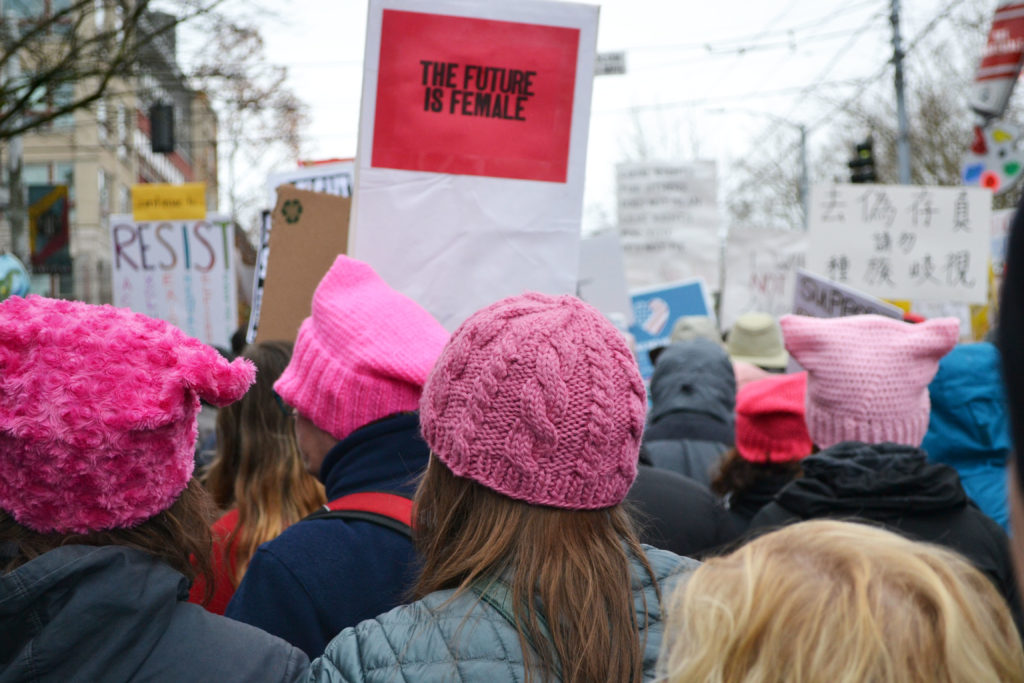Content warning: This article contains discussion of sexual abuse and assault.
17 years after the phrase was originally coined by activist Tarana Burke, and over six since it found itself at the forefront of a worldwide women’s movement, some cultural critics have proclaimed the present moment marks the end—or at least a backtracking—of the work of the #MeToo movement. Highly publicized lawsuits and trials, such as those of Amber Heard and Megan Thee Stallion, have seen public backlash online and from other celebrities utilizing misogynistic and sometimes violent rhetoric against women.
Recently, musical artist Sean ‘Diddy’ Combs faced several lawsuits in which anonymous noun have come forward alleging sexual abuse and violence. Cassandra ‘Cassie’ Ventura, an actress, singer-songwriter and former partner of Combs has come forward against Combs publicly, settling the lawsuit without trial. Some theorize this move comes as a method to avoid the same sensationalization other women in high-profile trials have faced.
Many current Seattle University undergraduate students’ entrance to adolescence coincided with the rise in prominence of the #MeToo movement. Keagen Brooks-Torres, a second-year English major, has noticed a positive social change since the movement’s emergence.
“It feels that there will always be a backlash against any woman who is willing to speak out against assault or abuse. I appreciate that there is now a pushback against the pushback to women sharing their stories, or anyone sharing their stories—not just women,” Brooks-Torres said.
Avery Segall, a third-year English and women, gender, & sexuality studies double major, found that the movement itself caused a noticeable positive impact and prompted important legislative and social motions to recognize and protect victims against harassment.
However, they also felt that in the time since then, public opinion around women who come forward against alleged abusers has not always been supportive.
“We do commonly see a lot of victim blaming and other negative public reactions when women come forward against their abusers, particularly with high profile cases. I think the #MeToo movement played a role in the way we’re currently seeing this happen,” Segall wrote.
While the #MeToo movement inspired numerous demonstrations, acting as a prominent component of the 2017 Women’s March, its circulation increased exponentially through social media platforms such as X (formerly known as Twitter). Segall feels that the online nature of this circulation has influenced current backlash towards women speaking out on sexual abuse and violence.
“Because it was, in part, an internet trend, a common public reaction we see now is based in an idea that women are bandwagoning by coming forward with sexual assault allegations, and reactions are often dismissive of these women’s experiences and claims,” Segall wrote.
Similarly, Allison Wasley, a third-year English major, found the recent backlash against women in the public sphere to be uniquely influenced by recent internet phenomena, such as the rise of social media figure Andrew Tate and the self-described misogynistic rhetoric he has popularized.
“I think that young children, particularly boys, have been conditioned by figures like Tate to believe that the Me Too movement and similar feminist campaigns are anti-male and threatening to traditional patriarchal power structures,” Wasley wrote. “The heavy backlash faced by women in well-known cases such as Amber Heard is likely a reaction to Tate’s strategic fear mongering which positions men as constant victims of false accusations and unfair treatment.”
Nonetheless, students such as Segall remain hopeful that previous positive change is indicative of continuing any future change as well.
“A complete systemic overturn obviously isn’t going to happen overnight—there is absolutely still a very long way to go—but I do think we’re beginning to see steps in the right direction,” Segall wrote.












